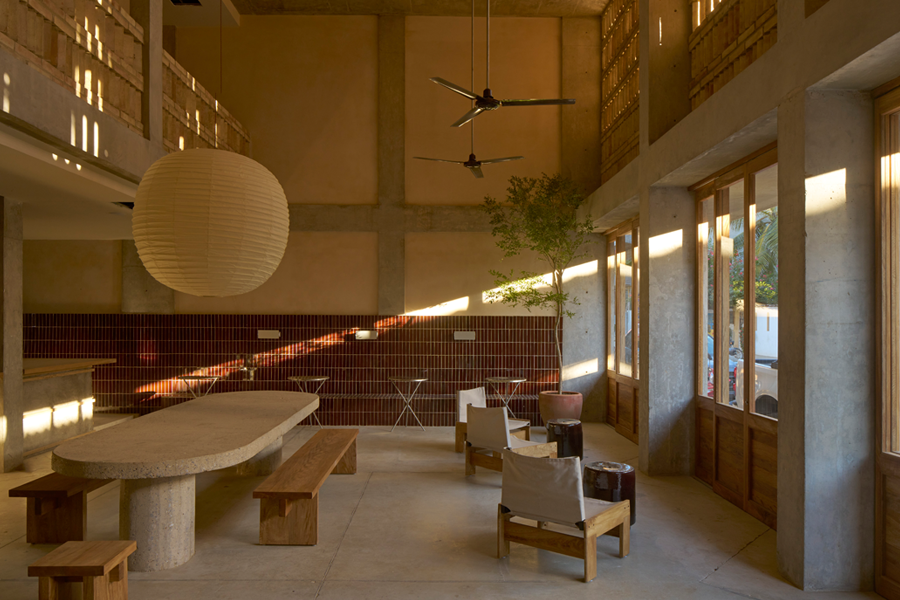Airbnb users spent $2.4 billion on lodging in the U.S. between October 2014 and September 2015, according to analysis by CBRE Hotels America’s Research. More than 55 percent of the revenue generated came from five cities—New York, Los Angeles, Miami, San Francisco, and Boston.
CBRE developed an an Airbnb Competition Index, which compares Airbnb’s ADR with traditional hotel ADR; the scale of the active Airbnb inventory in a market with the supply of traditional hotels; and the overall growth of active Airbnb supply in that market.
Using this index, CBRE determined that New York was the No. 1 domestic market at risk from the growth of Airbnb, followed by San Francisco, Miami, Oakland, and Oahu.
“It seems reasonable that Airbnb will impact hotels in two ways,” says R. Mark Woodworth, senior managing director of CBRE Hotels. “For existing hotels, the growth of [ADRs] will most likely be curtailed. The fluid nature of Airbnb’s supply suggests that traditional hotel’s historic price premiums realized during peak demand periods will be mitigated. The other impact may be on new hotel construction. Airbnb may be an impediment to traditional hotel construction and could reduce traditional hotel supply growth in many markets.”
The report also found that Airbnb is not always the lowest priced option. The average rate paid for an Airbnb unit is $148.42, which is 25 percent higher than the average hotel rate of $119.11 reported by STR.


